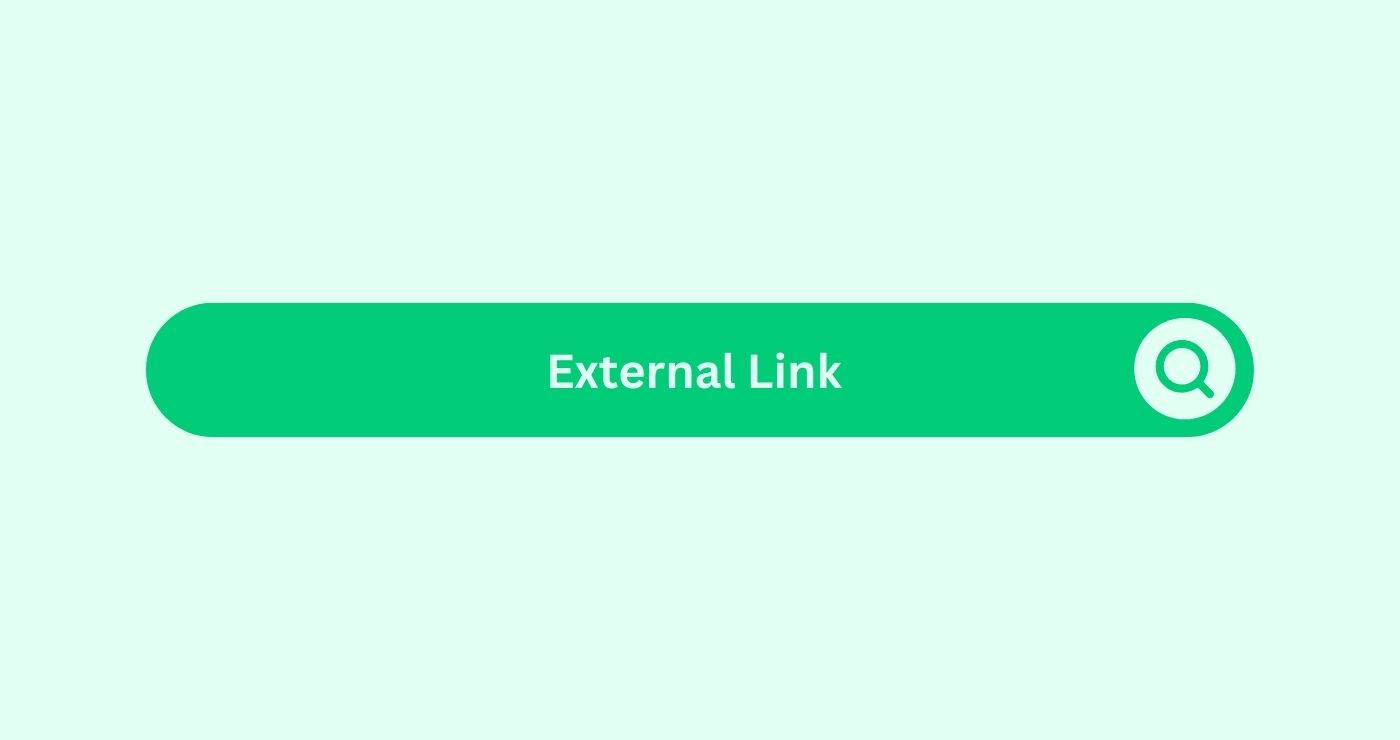Definition
External linking, also known as outbound linking. It refers to the practice of including hyperlinks on a webpage that point to other websites or domains. These links direct users to external sources of information, resources, or references outside the website’s own domain. External linking is a fundamental aspect of SEO that plays an important role in establishing the credibility, authority, and relevanceDefinition In SEO, relevance refers to the degree to which a... of a website’s content. By linking to reputable and relevant external sources, websites can enhance their content and provide additional value to users.
How you can use
Suppose a blog post discusses a specific topic within a niche industry. By including outbound links to authoritative studies, research papers, or industry reports, the author can support their arguments with credible evidence and provide readers with further insights from trusted sources.
Important calculations and formulas related to External Linking:
| Metric | Formula | Description |
|---|---|---|
| External Link Ratio | (Number of External Links / Total Links) × 100 | Percentage of external links compared to total links on a page. |
| Authority Flow Score | (Total Outbound Links / Domain AuthorityDefinition Domain Authority (DA) predicts a website's rankin...) | Measures the impact of outbound links on a page’s authority. |
| Relevancy Score | (Relevant External Links / Total External Links) × 100 | Determines how relevant external links are to the page’s content. |
| Link Juice Passed | (Page AuthorityDefinition Page authority refers to the measure of the stren... / Total Links) | Estimates the SEO value passed to each linked page. |
| Click-Through Rate (CTR)Definition CTR in social media measures the percentage of pe... of External Links | (Clicks on External Links / Total Page Views) × 100 | Measures the percentage of users clicking on external links. |
| Broken Link Percentage | (Broken External Links / Total External Links) × 100 | Helps track and fix broken outbound links for better SEO. |
| Dofollow vs. Nofollow Ratio | (Dofollow Links / Total External Links) × 100 | Determines the percentage of dofollow external links that pass SEO value. |
Key Takeaways
- Enhanced Credibility: External links to reputable sources demonstrate that the website values accuracy and reliability.
- Expanded Context: Outbound links provide users with additional context and background information on the topic being discussed.
- SEO Benefits: Including relevant external links can improve a website’s authority and relevanceDefinition In SEO, relevance refers to the degree to which a... in search engine rankings.
- Relationship Building: Establishing connections with other websites through outbound links can foster collaboration and networking within the industry.
- User Experience: Providing valuable external resources enhances the overall user experience by offering comprehensive and well-researched content.
FAQs
How many external links should I include in my content?
There's no fixed rule, but aim to include external links sparingly and only when they add genuine value to your content.
Should I use Do Dollow or No Follow links for external linking?
Use Do FollowDefinition Do Follow is a hyperlink attribute that allows se...<Follow linksDefinition of Follow Links Follow Links, also known as "dofo... for reputable, trusted sources, and consider using No FollowDefinition The No Follow HTML attribute prevents search engi...<Follow linksDefinition of Follow Links Follow Links, also known as "dofo... for user-generated content or unverified sources to avoid passing PageRankDefinition PageRank is an algorithm used by Google Search to....
Do outbound links affect my website's PageRank?
Outbound links can indirectly affect PageRankDefinition PageRank is an algorithm used by Google Search to... by signalling to search engines the relevanceDefinition In SEO, relevance refers to the degree to which a... and authority of your content.
How can I find relevant external sources to link to?
Look for reputable websites, industry publications, research papers, and authoritative blogs related to your content's topic.
Can external linking improve my website's SEO?
Yes, external linking can contribute to your website's SEO efforts by enhancing content quality, relevanceDefinition In SEO, relevance refers to the degree to which a..., and authority.
Should I notify the websites I link to?
It's not necessary but can be a good practice to notify websites when you link to their content as it may leadDefinition A Lead in the context of SEO refers to a potentia... to reciprocal linking or relationship building opportunities.
What should I do if the external page I linked is outdated or removed?
Periodically review and update your external links to ensure they remain relevant and functional. Consider redirecting to alternative sources if necessary.
Are there any risks associated with external linking?
While external linking can provide benefits, be cautious of linking to low-quality or spammy websites, as it may negatively impact your website's credibility and SEO.
Can I use anchor text for external links?
Yes, using descriptive anchor textWhat is anchor text in the context of SEO? Anchor text refer... for external links can improve user experience and provide context for the linked content.
Should I open external links in a new tab or window?
It's a matter of preference, but opening external links in a new tab can keep users engaged with your content while allowing them to explore additional resources simultaneously.




